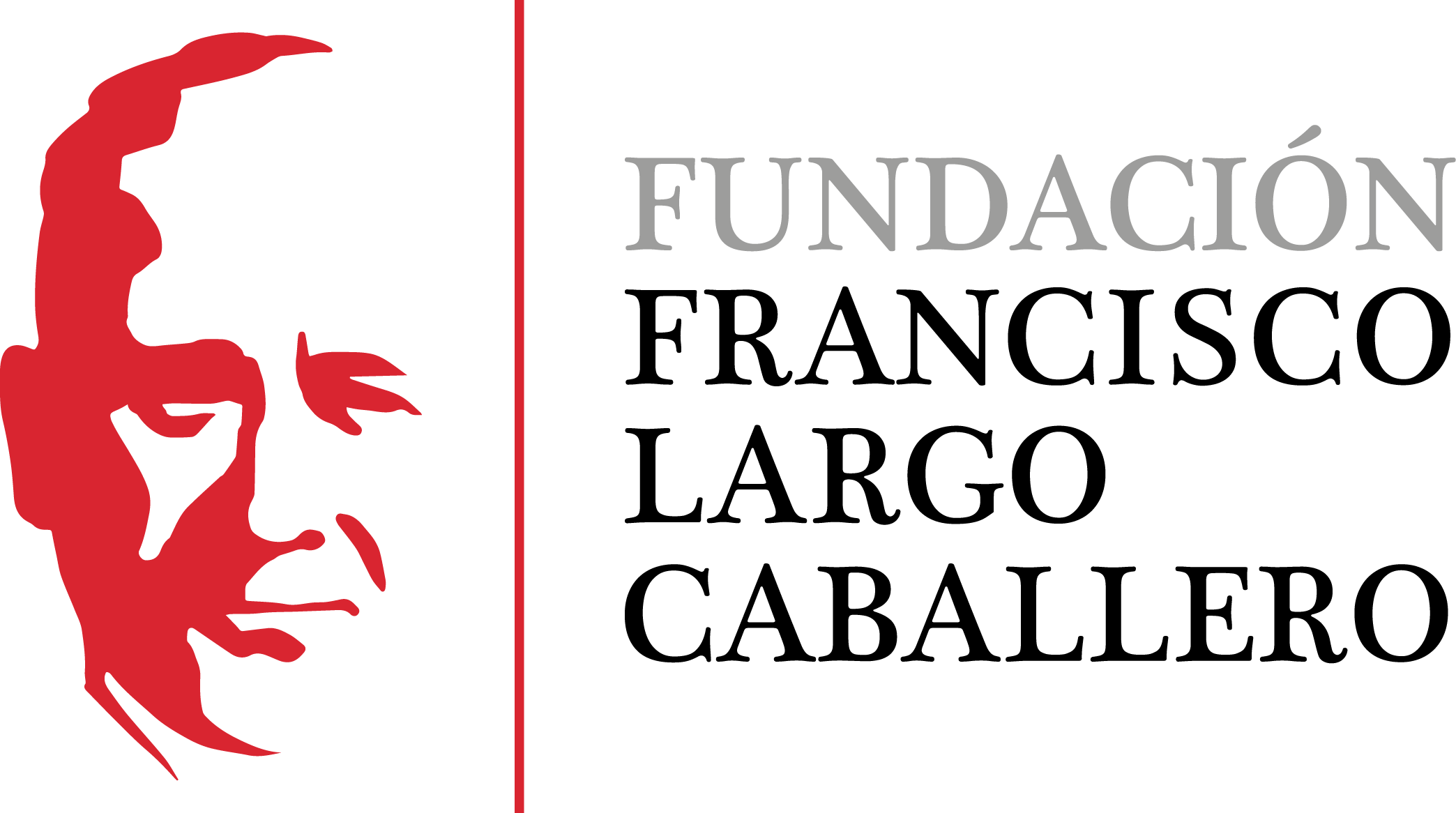“El Viaje de Carol” (2002): The Civil War in a Castilian Village
DOI:
https://doi.org/10.69791/rahc.231Keywords:
Spanish civil war, nationalist forces rearguard, repression, cinema, memoryAbstract
El viaje de Carol (Carol’s journey) is a film set in the Nationalist forces reaguard, in an unespecified Castilian village, from 1938 to the end of the Spanish Civil War. This film shows how cinema reflects on the past. As historians we cannot forget that we live in a society of images: past becomes present in the same moment in which History is made. So, we can say that cinema has a big influence on the society which consumes it. In that way, Imanol Uribe activates the mecanisms to recreate the past as well as the public’s memory of it which is used to dialogue with reality. Cinema is a good means as an ideological transmitter. Therefore, this research tries to show us the importance of cinema in our collective memory, because —as a social product— it is a source of knowledge of our History. Analysing its key points, we can hear —through fiction— the social message which is being se to us: the stupidity of this armed conflict. So, we can establish an evident intent to give us a history lesson. Images are not innocent: it is an intellectual product directed at the society which produces it. This metaphor shows a way of making history. In this way, we must study and show the kind of history that we are creating.
Downloads
Global Statistics ℹ️
|
92
Views
|
27
Downloads
|
|
119
Total
|
|
Downloads
Published
How to Cite
Issue
Section
License
Copyright (c) 2009 Igor Barrenetxea Marañón

This work is licensed under a Creative Commons Attribution 4.0 International License.
Alcores is an open-access journal. It provides unrestricted access to its content from the moment of publication. We respect intellectual property rights, and for this reason, the author retains the copyright. All content is distributed under a Creative Commons Attribution 4.0 International (CC BY 4.0) license. The terms of the license can be consulted at: https://creativecommons.org/licenses/by/4.0/
This license allows sharing (copying and redistributing the material in any medium or format) and adapting (remixing, transforming, and building upon the material for any purpose), provided that authorship and first publication in this journal are properly credited, a link to the license is included, and any changes made are indicated.
This type of license facilitates the freedom of reuse and ensures that the content of this journal can be used to meet research needs.





